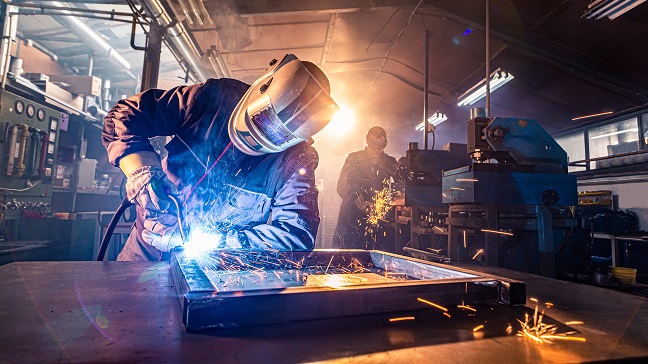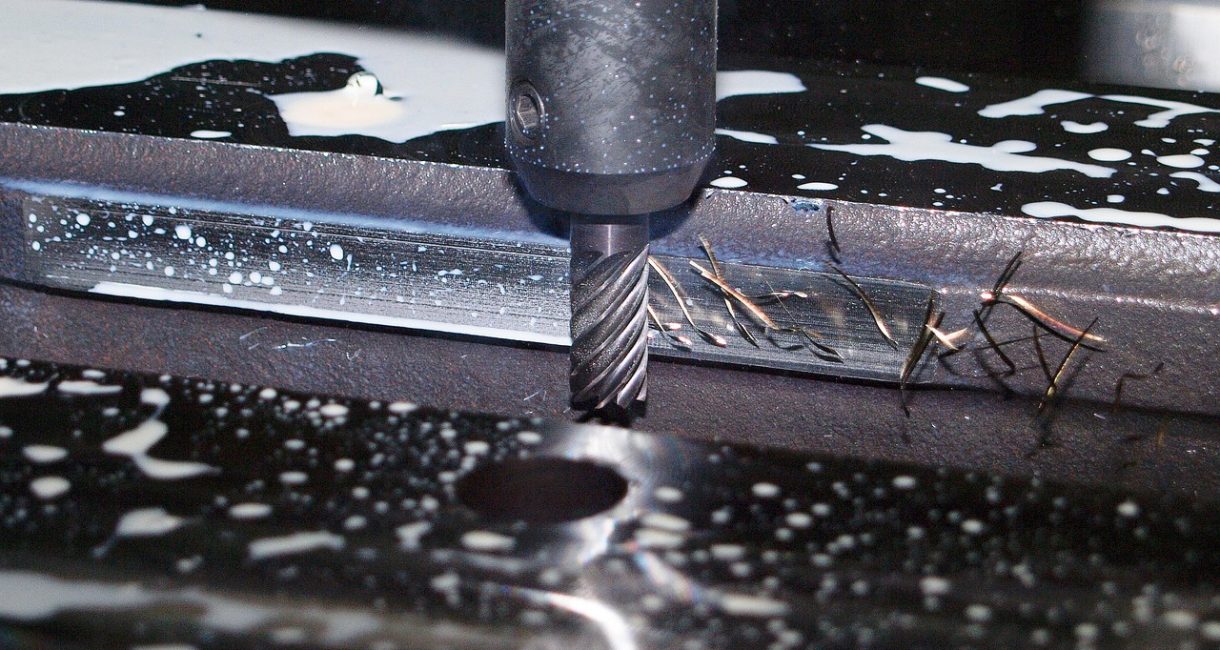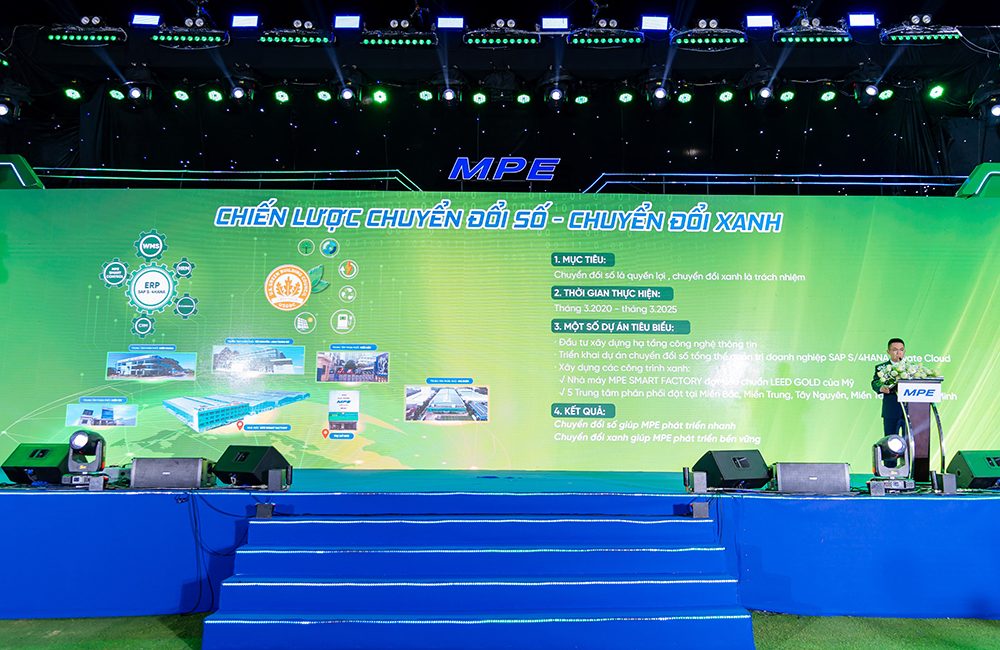This suggestion came as there are more than 3.2 million SMEs in Thailand, accounting for 90% of businesses in the country. These enterprises employ 50% of the workforce nationwide. However, these businesses face both internal and external challenges in operating, prompting them to focus on ensuring their survival and sustainable growth. Three major challenges for SMEs include rapid digital transformation, changes in consumer behaviour, and lack of access to funding, said Praphan Charoenprawat, manager of Live Exchange. Ubonrat Khamphaeng, assistant managing director of SME Development Bank, added that SMEs also lack knowledge on business management, as well as tools to reduce costs and enhance their potential. While several industries are working on digital transformation, some companies face difficulties due to generational conflicts, said Akkarapol Sukta, vice president of the Institute of Information and Communication Technology for Industries. He explained that generational conflicts often occur in family-operated businesses, where senior executives resist allowing younger generations to adopt technology in their operations. Younger generations want to transform businesses, but they do not receive approval from senior executives, who are often family members, resulting in difficulties driving the business forward, he explained. Despite the challenges faced by SMEs, Vorapoj Prasanpanich, assistant director […]
Click here to view original web page at www.nationthailand.com





![[Latest] Digital Transformation in the Us Electric Kettle Market: What's Driving Change?](https://kx-invest.com/wp-content/uploads/2025/03/L328896261_g.jpeg)



![[Latest] Canada Prepaid Cards Market: The Future of Digital Transformation](https://kx-invest.com/wp-content/uploads/2025/03/L329339822_g.jpeg)
